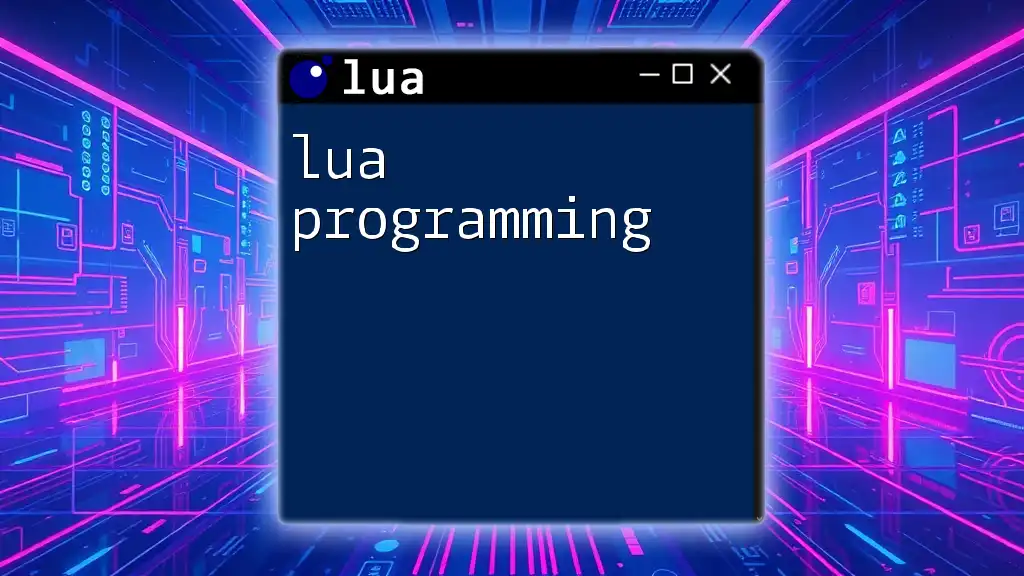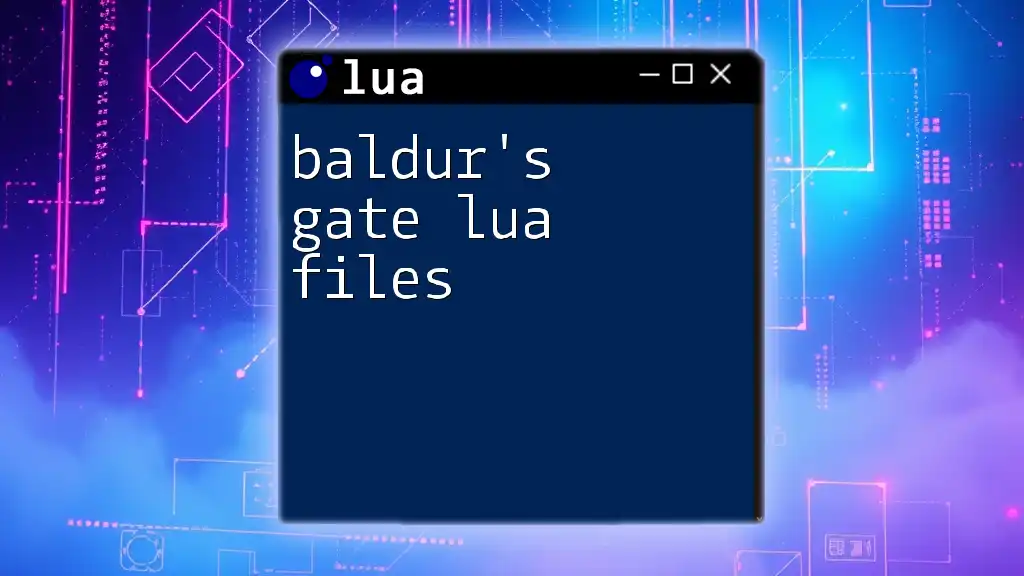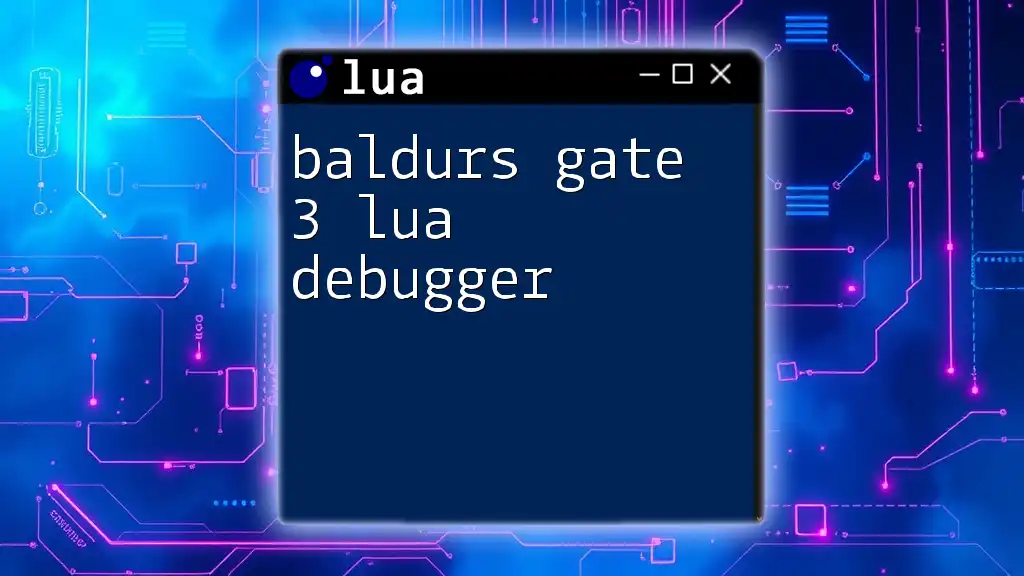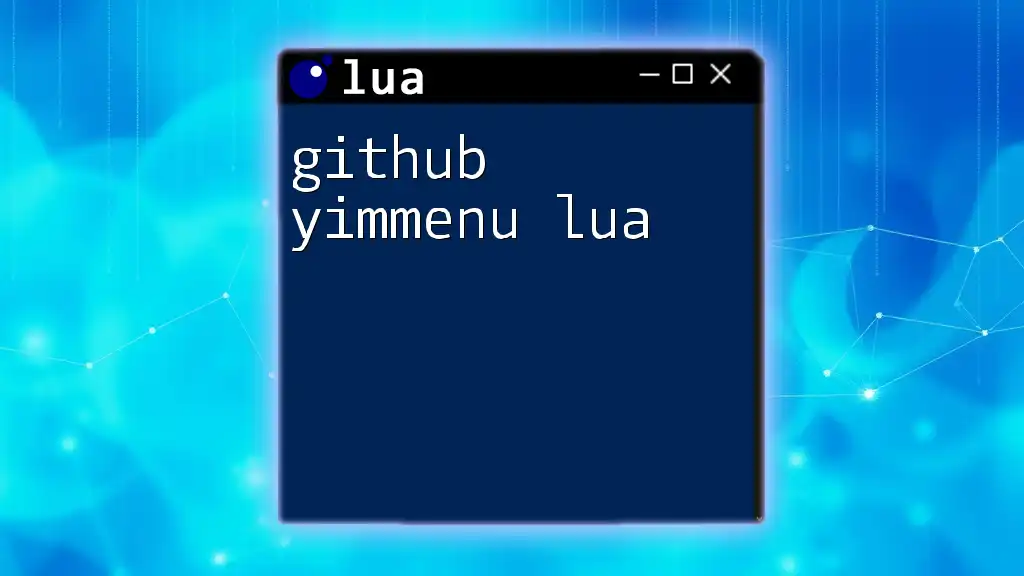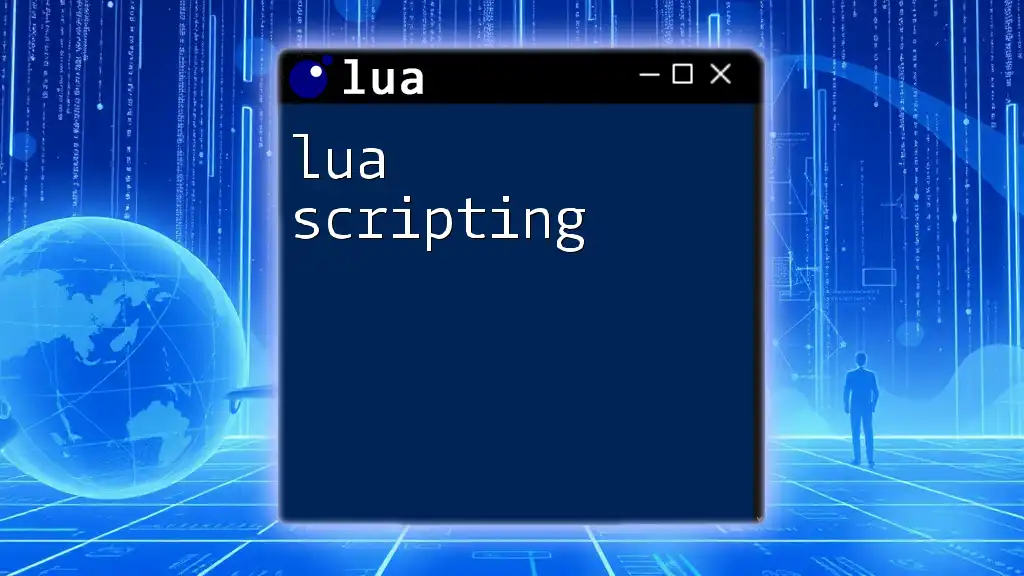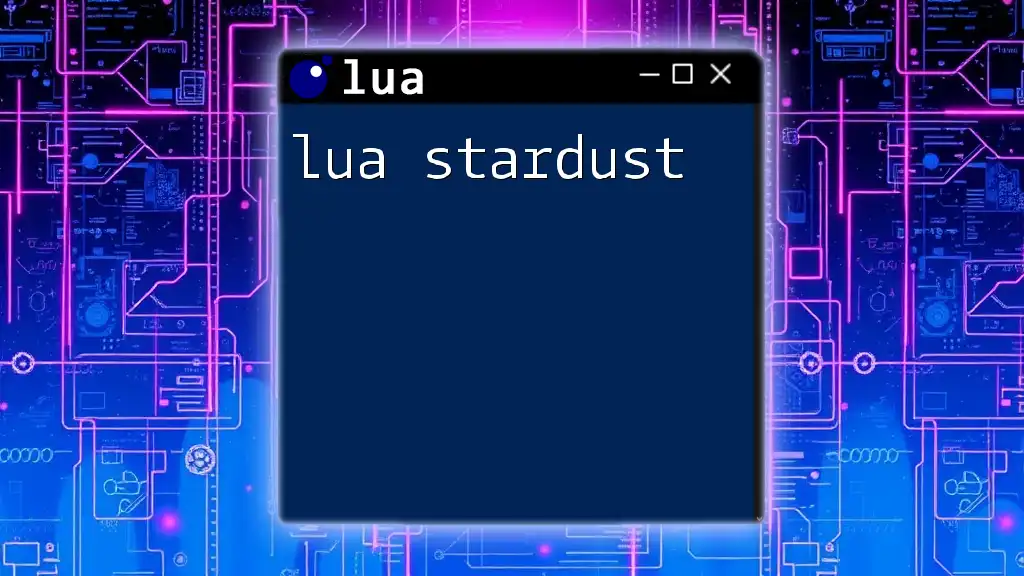In Lua, a "path of building error" typically refers to issues arising from incorrect configurations or dependencies when executing scripts or modules, often manifesting as errors during runtime.
Here's a code snippet illustrating a possible error scenario:
local function loadModule(moduleName)
local module, err = require(moduleName)
if not module then
print("Error loading module: " .. err)
end
end
loadModule("non_existent_module") -- This will generate a path of building error
Understanding Lua Errors
What is an Error in Lua?
In Lua, an error is a disruption in the execution of a program due to an unexpected condition. Errors can be categorized into several types:
- Syntax Errors: Occur when the code has an incorrect structure, preventing it from being compiled.
- Runtime Errors: Happen when the program is running, often caused by calling functions incorrectly or mismanaging data types.
- Logical Errors: These don’t generate an error message but result in incorrect behavior or output.
Common Lua Error Messages
When working with Lua, especially in Path of Building, you may encounter specific error messages that can assist you in troubleshooting. Here are a few common ones:
-
"attempt to call a nil value": This means you're trying to invoke a function or a method that hasn't been defined or assigned yet.
-
"table index is nil": This indicates that you're attempting to access a table index that doesn't exist, suggesting a problem with your data structure.
Understanding these messages can significantly expedite the debugging process.
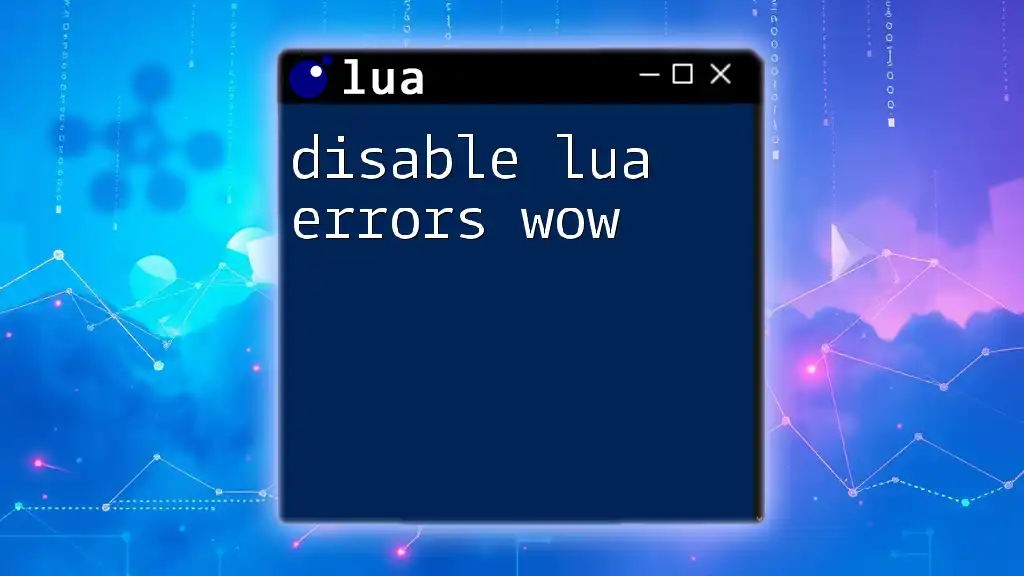
Setting Up Path of Building for Lua Scripting
Installing Path of Building
To begin scripting with Lua in Path of Building, first, ensure that you have the software installed. Download the latest version from the official website and follow the installation instructions based on your operating system. Recommended system requirements will include a decent CPU and memory, as scripts can be resource-intensive.
Accessing the Lua Scripting Environment
Path of Building includes a Lua console where you can execute commands. To access it, navigate to the Tools menu and select Lua Console.
You can start experimenting with simple Lua commands here. For instance, to check your setup, you can use the following code snippet:
print("Hello, Path of Building!")
This command will output "Hello, Path of Building!" in the console, confirming the Lua environment is functioning properly.

Common Lua Errors in Path of Building
Error: "attempt to call a nil value"
This error is prevalent among new Lua users. It arises when you try to call a function that isn’t defined. For example:
myFunction() -- myFunction is not defined
To prevent this error, ensure that all function calls are made after the function has been defined. If you’re uncertain whether a function exists, you can check it beforehand:
if myFunction then
myFunction()
else
print("myFunction is not defined.")
end
Error: "table index is nil"
When you encounter this error, it signifies that the script attempted to access an index in a table that’s unallocated. For instance:
local myTable = {}
print(myTable[1]) -- myTable does not have an index '1'
To resolve it, always ensure you initialize your tables correctly and populate them before accessing their indices. You might also check if the index exists using conditional statements:
if myTable[1] then
print(myTable[1])
else
print("Index 1 is nil.")
end
Error: "bad argument"
This error is displayed when a function receives an argument of the wrong type or value. For example:
function multiply(a, b)
return a * b
end
multiply("two", 3) -- error due to incorrect argument type
To avoid this, always validate the types of the arguments passed to functions. You can use assert statements to enforce expected data types:
function multiply(a, b)
assert(type(a) == "number", "First argument must be a number")
assert(type(b) == "number", "Second argument must be a number")
return a * b
end

Debugging Lua Errors in Path of Building
Utilizing Lua's Built-in Debugging Functions
Lua includes a debug library that is essential for tracing errors. The `debug.traceback()` function can help you pinpoint where an error occurred in your code. Here’s how you can employ it:
function myFaultyFunction()
error("Something went wrong")
end
myFaultyFunction()
print(debug.traceback())
This snippet will output the error message along with the stack trace, helping you identify the origin of the issue.
Common Debugging Techniques
When debugging Lua scripts, employing systematic approaches can lead to quicker resolutions:
-
Print Statements: Use print statements to output variable values at different points in your code. This technique can unveil what’s happening internally.
-
Check for Nil Values: Before manipulating data, ensure the variables aren’t nil. This helps avoid runtime errors related to accessing uninitialized data.

Best Practices for Error Handling in Lua
Preventative Programming Techniques
Writing code that anticipates potential errors can save time during debugging:
- Structure your code in a way that minimizes dependency on external factors.
- Implement regular checks to verify the state of variables and functions before they are executed.
Utilizing pcall and xpcall
Using `pcall` (protected call) is pivotal for safe error handling. It allows a function call to execute without halting the program even if an error occurs. Here’s how it works:
local status, err = pcall(function()
error("This is an intentional error!")
end)
if not status then
print("Error occurred: " .. err)
end
If the protected call fails, it captures the error instead of crashing your script, allowing you to handle it gracefully.
Similarly, `xpcall` offers additional flexibility by letting you provide a custom error handler. This can be particularly useful for logging errors or providing user-friendly feedback.
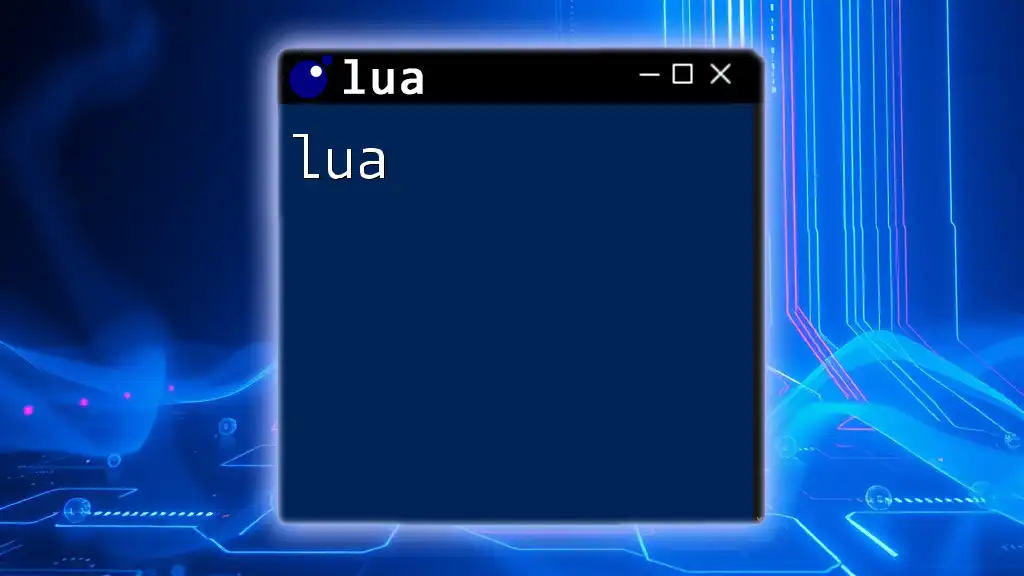
Conclusion
Understanding and effectively managing Lua errors is crucial for a smooth experience with Path of Building. By familiarizing yourself with common error messages, employing debugging strategies, and adhering to best coding practices, you can significantly enhance your Lua scripting abilities. This not only leads to better code quality but also boosts your confidence as a programmer.
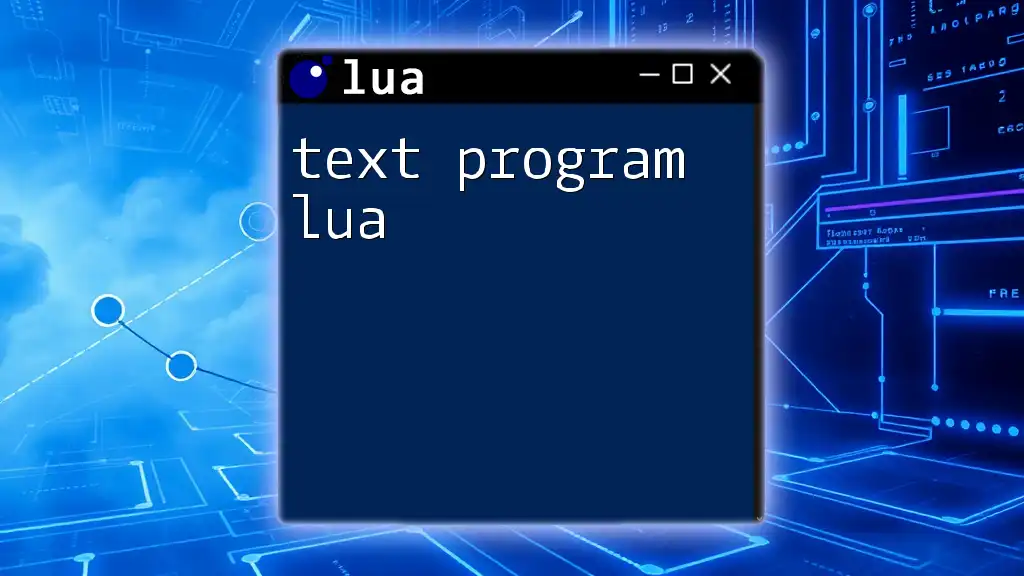
Additional Resources
To further improve your Lua skills, consult the official Lua documentation for comprehensive guides and resources. Additionally, engaging with the Lua community through forums and online groups can provide valuable insights and support as you learn and grow in your coding journey.








